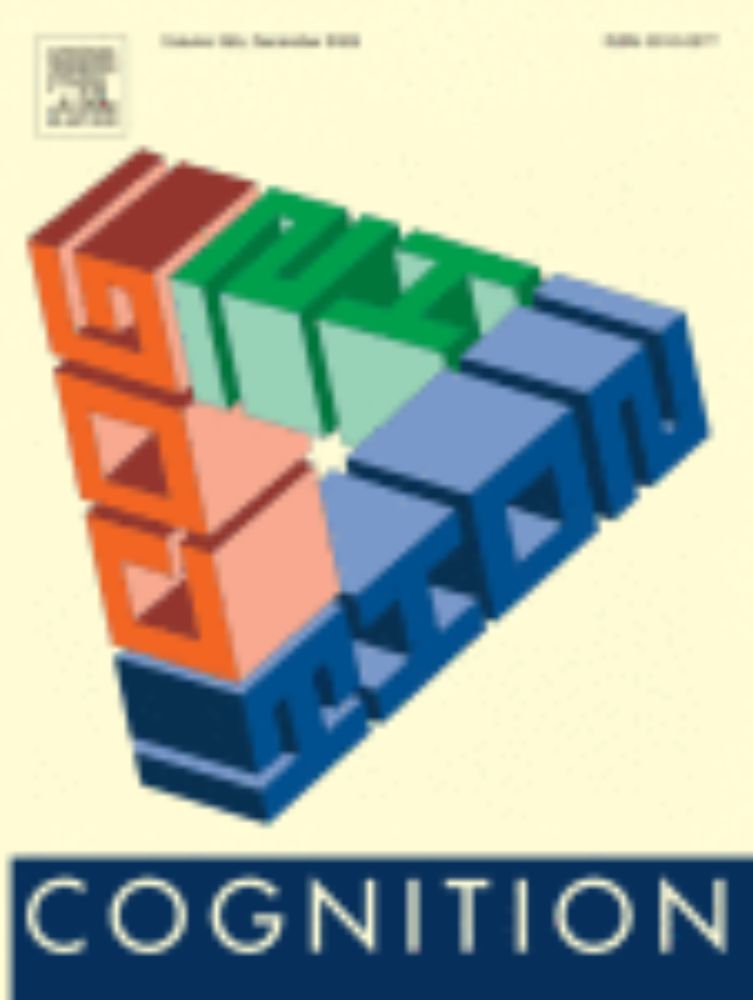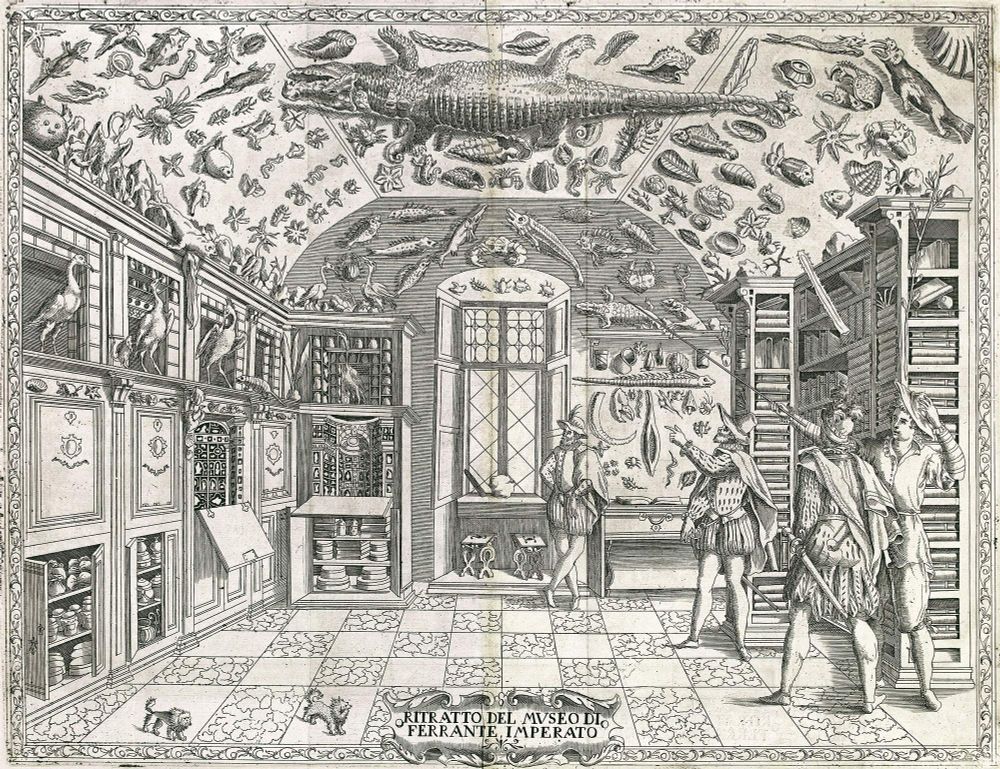


We propose a framework to empirically study animal social relationships by modelling social network (SN) data as time-series—that is, without the need to aggregate them over time.
www.biorxiv.org/content/10.1...

We propose a framework to empirically study animal social relationships by modelling social network (SN) data as time-series—that is, without the need to aggregate them over time.
www.biorxiv.org/content/10.1...
We will use touchscreen experiments & eyetracking to study mental simulations in nonhuman apes & human children across different cultures.
All info here: www.eva.mpg.de/career/posit...
Please share / apply!🙏

We will use touchscreen experiments & eyetracking to study mental simulations in nonhuman apes & human children across different cultures.
All info here: www.eva.mpg.de/career/posit...
Please share / apply!🙏
I love this finding—in call/song/noise/etc pairs where we know (from prior work) that animals have a preference, humans reliably identify the more-attractive sound

I love this finding—in call/song/noise/etc pairs where we know (from prior work) that animals have a preference, humans reliably identify the more-attractive sound
I wrote about how Pokémon, the world's biggest media franchise, tackles this painful topic.
www.eurogamer.net/as-pokemon-l...

I wrote about how Pokémon, the world's biggest media franchise, tackles this painful topic.
www.eurogamer.net/as-pokemon-l...
In our new @cp-trendsecolevo.bsky.social paper, we outline testable predictions for why relationship quality and quantity adaptively vary across socio-ecological contexts.
tinyurl.com/55dnkeh7

In our new @cp-trendsecolevo.bsky.social paper, we outline testable predictions for why relationship quality and quantity adaptively vary across socio-ecological contexts.
tinyurl.com/55dnkeh7
"Non-commitment in mental imagery is distinct from perceptual inattention, and supports hierarchical scene construction"
(by Li, Hammond, & me)
link: doi.org/10.31234/osf...
-- the title's a bit of a mouthful, but the nice thing is that it's a pretty decent summary


"Non-commitment in mental imagery is distinct from perceptual inattention, and supports hierarchical scene construction"
(by Li, Hammond, & me)
link: doi.org/10.31234/osf...
-- the title's a bit of a mouthful, but the nice thing is that it's a pretty decent summary
A stimulus-computable rational model of visual habituation in infants and adults doi.org/10.7554/eLif...
This is the thesis of two wonderful students: @anjiecao.bsky.social @galraz.bsky.social, w/ @rebeccasaxe.bsky.social




A stimulus-computable rational model of visual habituation in infants and adults doi.org/10.7554/eLif...
This is the thesis of two wonderful students: @anjiecao.bsky.social @galraz.bsky.social, w/ @rebeccasaxe.bsky.social
Well, I wrote about it.
🧵

Well, I wrote about it.
🧵
I've written a short letter highlighting ways that this strategy can go wrong:
www.pnas.org/doi/10.1073/...

I've written a short letter highlighting ways that this strategy can go wrong:
www.pnas.org/doi/10.1073/...
Out now open access: www.sciencedirect.com/science/arti...
Andreas isn't on bsky, but he very kindly wrote a summary thread for me to share.
🧵 (1/24)

Out now open access: www.sciencedirect.com/science/arti...
Andreas isn't on bsky, but he very kindly wrote a summary thread for me to share.
🧵 (1/24)
#EPSA25 #ESPP #GAP12 #KogWiss

Honored to have been a part of this awesome interdisciplinary mega-collab led by Christin Schulze (UNSW Sydney)
www.cell.com/trends/cogni...

Honored to have been a part of this awesome interdisciplinary mega-collab led by Christin Schulze (UNSW Sydney)
www.cell.com/trends/cogni...

My new paper with my lab manager Katharina Wenig in Cognitive Science, "Causal Perception(s)"
Free open access: onlinelibrary.wiley.com/doi/epdf/10....
#CogSci #PsychSciSky
🧵(1/22)
My new paper with my lab manager Katharina Wenig in Cognitive Science, "Causal Perception(s)"
Free open access: onlinelibrary.wiley.com/doi/epdf/10....
#CogSci #PsychSciSky
🧵(1/22)
In a new paper, Sam Clarke and I push the limits of this test. We show spatially selective, putatively "visual" adaptation to a clearly non-visual dimension: Value!
www.sciencedirect.com/science/arti...

In a new paper, Sam Clarke and I push the limits of this test. We show spatially selective, putatively "visual" adaptation to a clearly non-visual dimension: Value!
www.sciencedirect.com/science/arti...

In a new paper in Proc B @royalsocietypublishing.org, Luz Carvajal and I show that a bonobo (Kanzi) can keep mental tabs on the whereabouts of multiple hidden social partners
royalsocietypublishing.org/eprint/4GI7G...

In a new paper in Proc B @royalsocietypublishing.org, Luz Carvajal and I show that a bonobo (Kanzi) can keep mental tabs on the whereabouts of multiple hidden social partners
royalsocietypublishing.org/eprint/4GI7G...
besjournals.onlinelibrary.wiley.com/doi/10.1111/...

besjournals.onlinelibrary.wiley.com/doi/10.1111/...
www.cell.com/trends/cogni...

www.cell.com/trends/cogni...
🧵

🧵
or read our new 🧪 paper ;)
academic.oup.com/bioscience/a...

or read our new 🧪 paper ;)
academic.oup.com/bioscience/a...
philsci-archive.pitt.edu/26062/
philsci-archive.pitt.edu/26062/

